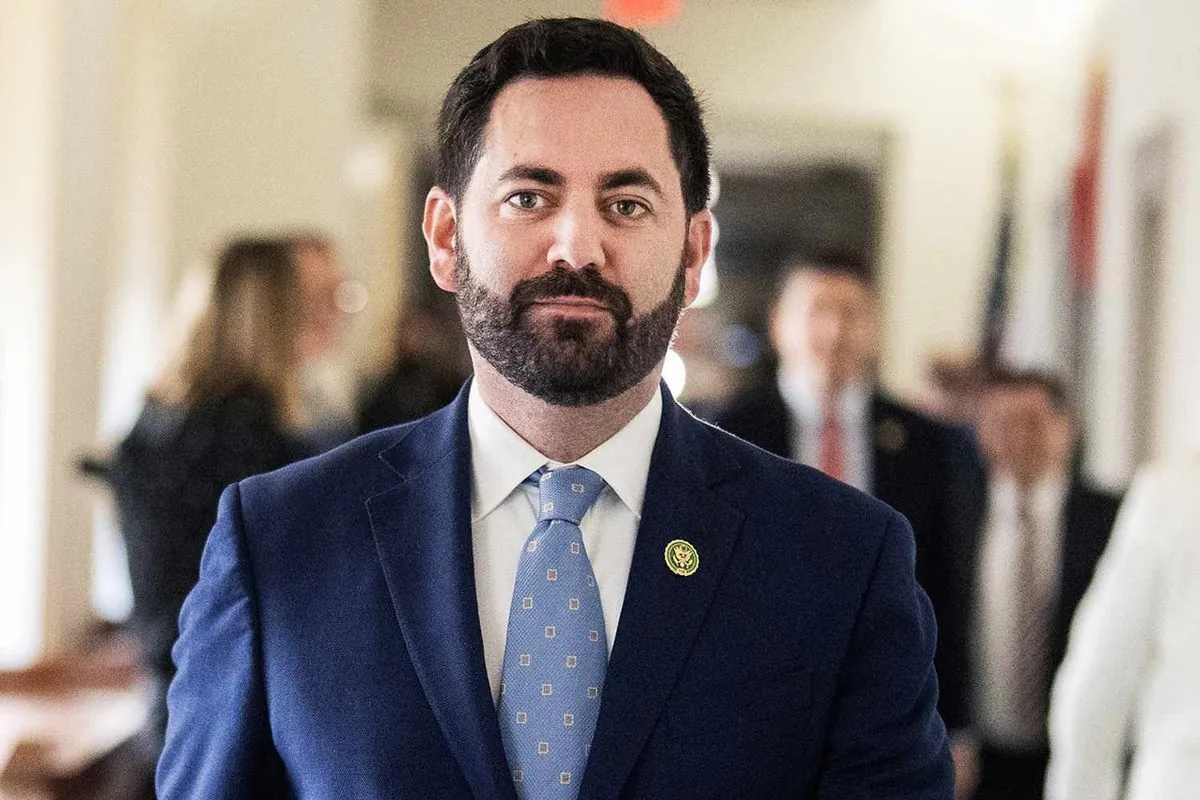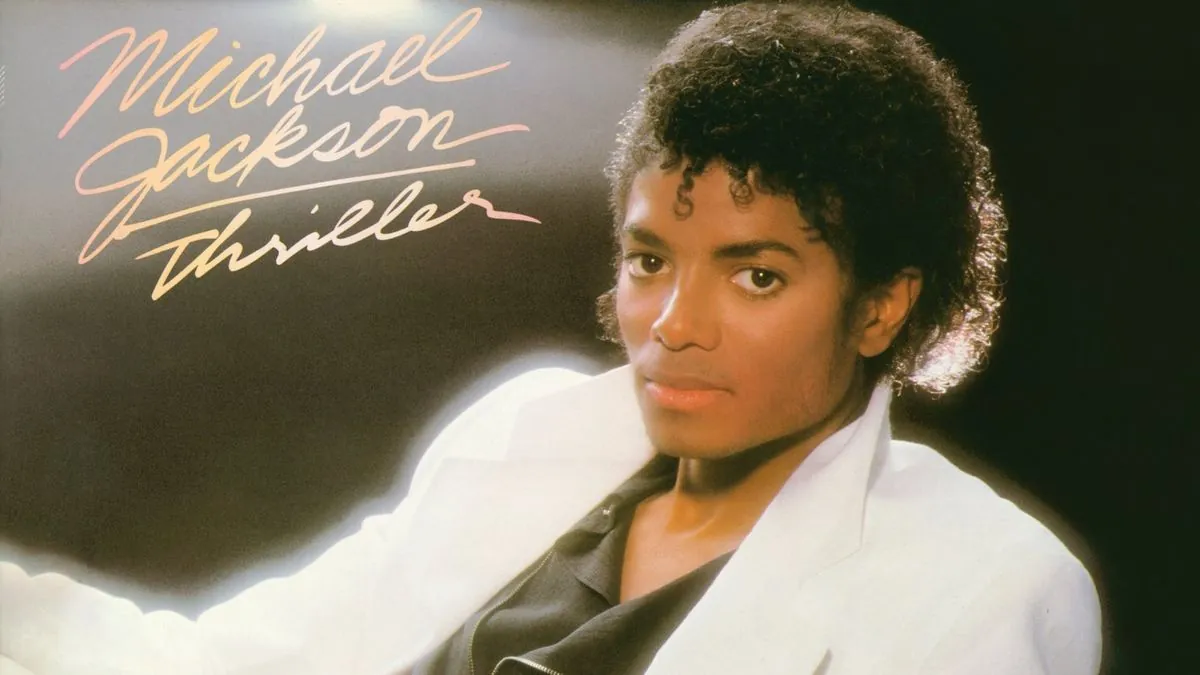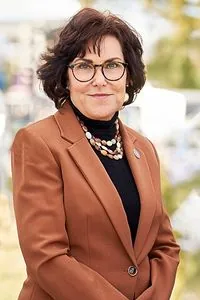NY Rep. Lawler Admits to Past Blackface Incident, Sparks Debate
Rep. Michael Lawler acknowledges wearing blackface as Michael Jackson for Halloween 18 years ago. The admission reignites discussions on racial sensitivity in politics and entertainment.

Michael Lawler, a Republican representative from New York, has recently acknowledged wearing blackface as part of a Michael Jackson costume during his college years, approximately 18 years ago. This admission has reignited discussions on racial sensitivity in politics and entertainment.
Lawler, now 38, explained that the costume was intended as a tribute to Jackson, a musical icon. The incident has resurfaced as Lawler faces a competitive reelection campaign against Mondaire Jones, a Black Democrat and former congressman.
"Obviously I can't change what happened 18 years ago. But I certainly, with wisdom and age, understand that that is not something that I would do today, and certainly understand why people would be upset or offended by it. And for that, I'm sorry."
The congressman's admission brings to light the complex history of blackface in American culture. Originating in the 19th century as a form of racist entertainment, blackface has been widely condemned as offensive and harmful. The practice was largely abandoned in mainstream entertainment by the mid-20th century, but its legacy continues to spark controversy.
Lawler's costume choice reflects a broader issue of cultural sensitivity in Halloween celebrations. The use of blackface in costumes has been a recurring point of contention, with many arguing that it perpetuates harmful stereotypes regardless of intent.

The incident also highlights Lawler's longstanding admiration for Michael Jackson. As a teenager, Lawler traveled to California to attend Jackson's 2005 trial on child molestation charges, which lasted nearly five months and ended in acquittal. Jackson's career was marked by both unprecedented success and controversy, with his "Thriller" album remaining the best-selling of all time.
Lawler has attempted to distinguish his actions from historically racist blackface practices, stating that his intent was to pay homage to Jackson rather than to demean Black people. However, this explanation has been met with skepticism by some critics who argue that the impact of blackface extends beyond individual intent.
The congressman's situation is not unique in the political sphere. In recent years, several prominent politicians have faced backlash for past use of blackface. In 2019, Virginia Governor Ralph Northam apologized for a 1984 yearbook photo showing individuals in blackface and a Ku Klux Klan outfit. Similarly, in 2013, New York State Assembly member Dov Hikind defended wearing blackface as part of a Purim costume.
These incidents have contributed to ongoing discussions about racial sensitivity and cultural appropriation in politics and society at large. Social media has amplified these conversations, leading to increased scrutiny of public figures' past actions.
As the debate continues, it's worth noting the broader context of Michael Jackson's impact on popular culture. His "Thriller" music video is considered one of the most influential of all time, and his "moonwalk" dance move became his signature. Jackson's "Bad" tour remains one of the highest-grossing tours in history, and his estate continues to generate significant revenue posthumously.
The controversy surrounding Lawler's past actions serves as a reminder of the ongoing need for cultural sensitivity and awareness in both politics and entertainment. As society continues to grapple with issues of race and representation, incidents like these prompt important discussions about the long-lasting impact of historical racist practices and the responsibility of public figures to acknowledge and learn from past mistakes.


































